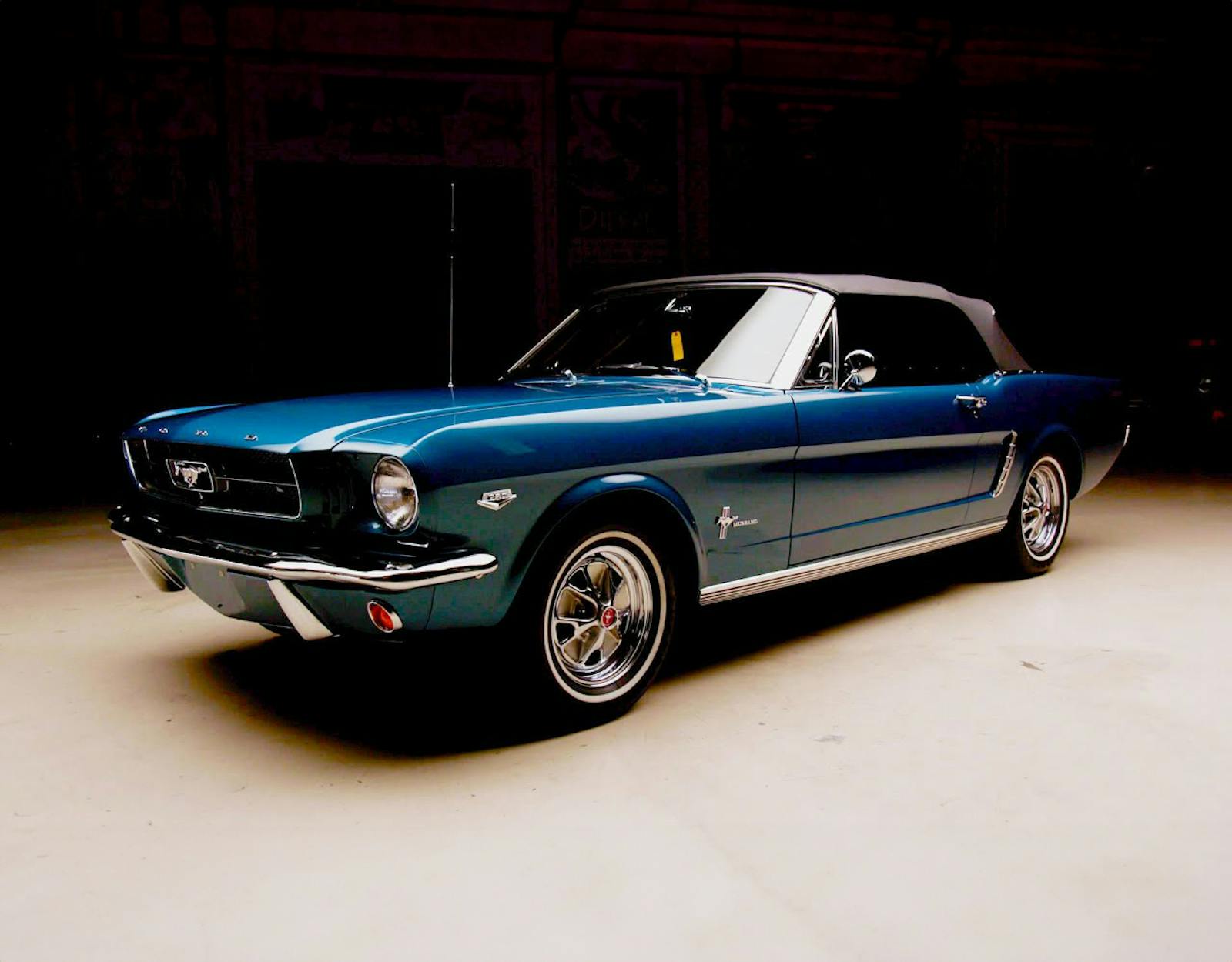Carvana against the Ropes: Is online car buying a “post-pandemic loser?”

The stock market—as irrational as it sometimes seems—is governed by the law of gravity. And, for anyone in doubt, the pandemic delivered a freshest reminder of how forceful gravity can be.
Consider Carvana. The used-car seller was made famous by its vehicle vending machines and vibrant online marketplace. The company experienced a considerable COVID-19 tailwind as people locked down, worked from home, and shifted even more of their lives online. Shares soared, headcount ballooned, optimism swelled.
As people resume a life that more closely resembles normal, investors have soured on the company. Carvana went public in 2017 and soared to a $30 billion market capitalization last summer. Today, the value has dwindled to $4.5 billion. The Wall Street Journal has characterized Carvana as a “post-pandemic loser.” It’s hardly alone in this category: Peloton, Netflix, Zoom, DoorDash, and Robinhood all have the dubious distinction of being perceived as pandemic-boosted businesses that may not thrive in regular times. This has driven the collective share prices of these companies down 76 percent from their pandemic-era highs, compared an 11 percent slide for the Dow Jones Industrial Average during the period.
The rise and fall of Carvana is of more than a passing interest to classic car owners, and not just because used cars have a clear (if indirect) relationship with collector cars. Even the casual classic car market watcher can see that values have gone sky high in the wake of the pandemic. Although there are many reasons for that, a big one is the success of online classic car auction platforms.
Do the waning fortunes of Carvana and other businesses optimized for a world in lockdown bear a warning for the classic car market?
Looking under Carvana’s hood
It helps, to start, by taking a closer look at Carvana. Those who follow the Arizona-based retailer tell us that even if the stock is in the toilet, we shouldn’t be so quick to write off the company or its business model.
“Investors appear to have largely given up on this once highflyer,” Bank of America Global Research analyst Nat Schindler said in a recently published investment note. “We, however, still believe in Carvana and its opportunity for one glaring reason: it is a fundamentally better way for consumers to shop for and buy used cars.”
Indeed, you don’t need to be a Wall Street analyst to spot the advantage online car buying has over other pandemic-safe activities. Peloton riders may miss the camaraderie of a group spin class, and even the most devoted Neflix watchers pine for the big-screen experience (Top Gun: Maverick, anyone?). Few people, in contrast, have been sitting at home for the last 18 months thinking, “I just can’t wait to visit a used car dealer again.”
This perspective is only bolstered by plans of new car manufacturers. Ford Motor Co. CEO Jim Farley said his company is going to eventually turn to 100 percent online, fixed-price sales of electric vehicles as evidence the 119-year-old auto giant can keep up with the times. As Detroit and others pump more money into online-car buying models and real-time one-click pricing technology, the entire industry will likely be forced to follow suit.
In BofA’s view, today’s buyer is already less inclined to need a test drive, less inclined to want to kick the tires, and less inclined to want to haggle with a dealer. Carvana, Schindler said, can capture increasingly more “share of the 40 million annual used car market from highly fragmented competitors.”

Tom Taira, Carvana’s president of special projects, told Hagerty Insider that his company’s trajectory and travails are more due to the laws of supply-and-demand than attributable to the company riding a pandemic bubble.
“Carvana was already successful at starting to bridge the (physical and virtual) markets” before the pandemic, Taira said. At some point, he said, macro-economic pressures were going to impact the business. But the bridge has been built.
Carvana’s first-quarter financial report wasn’t pretty, to be sure. Sales fell, net losses widened, and gross profit per unit narrowed. Executives laid out plans for a $2 billion fundraising strategy, in part to fund the planned acquisition of the ADESA U.S. vehicle auctioneer.
To understand Carvana’s specific plight, the trends and practices of the used-car industry can’t be ignored.
During the pandemic, prices for preowned vehicles climbed as much as 45 percent—hitting a whopping $30,000 on average. These prices far outpaced new-car price inflation, as chip shortages and other supply-chain snarls slowed new-vehicle production, sparking a run on pre-owned vehicles.
Of late, however, buyers have showed resistance to rising car prices, particularly as new-car supply has been replenished. High interest rates, punishing gasoline prices, inflation of most household good costs, and fears of a recession have further affected demand. CarMax, another used-car giant—known for mega “superstore” car lots instead of a killer website—has also been punished by analysts and investors concerned about vehicle affordability and the macro economy.
Another wrinkle of Carvana’s business that makes it distinct from most classic car online auctions is the murkiness of used-car financing. Carvana provides loans—including some to buyers with subprime credit scores—for some 75 to 80 percent of its purchases, according to American Banker. It then bundles and sells these loans. Although this practice isn’t entirely unique among used-car retailers, critics have told the Wall Street Journal that such financial maneuvering has a liability to backfire (see: Global Financial Crisis).
None of this makes Carvana’s recent struggles any easier. And it’s surely cold comfort to the 10 percent of the company’s workforce that was recently let go in order to shore up the ailing finances. Yet even if the company continues to underperform, the future of online car buying—a dream since the early days of the internet—seems bright.
The classic car connection
At the beginning of the pandemic, many (including us) wondered if the collector-car buying masses would really buy decades-old vehicles they’d never seen. In fact, we still have our doubts. Yet the verdict, clearly, is that many buyers are more than happy to bid online.
Growth of online auction platforms has continued to accelerate even as in-person venues have reopened. In May 2022, the sites Hagerty tracks (including Bring a Trailer) reported more than $130M in sales, a 65 percent jump from May 2021, when many of us were still at home. A slight year-over-year fall-off in sell-through rates (from 81 percent to 77 percent) likely owes more to general cooling in the market than specific discontent with the online experience.

“People want to just be able to buy what they want the way they do on Amazon.com,” said Randy Nonnenberg, president and co-founder of Bring a Trailer. “That was already happening before the pandemic; the pandemic just threw gasoline on a fire that was already burning.”
Nonnenberg acknowledges that classics require special diligence from both buyers and sellers. “Cars are obviously a different animal than buying shoes on Amazon,” he said. “And a 50-year-old car has a lot more nuance than a newer car available on Carvana.”
As collectors get younger, the online trend is likely to accelerate. In recent years, everything from grocery shopping to travel booking to stock picking has been done via a smartphone. Millennials—many of whom know less about the way a car operates and have a higher comfort level in online settings—may actually prefer the reassurance of a group of commenters to kicking tires.
Hagerty Insider has not been shy in pointing out that the recent boom in collector car values is not sustainable. Some day, sooner or later, the torrent of record prices both online and in person will slow, and the run-up that started in 2020 will be remembered as one more unprecedented thing that happened in that chaotic time. Yet even when the waters recede, online car buying—both used and classic—will likely still be with us.

